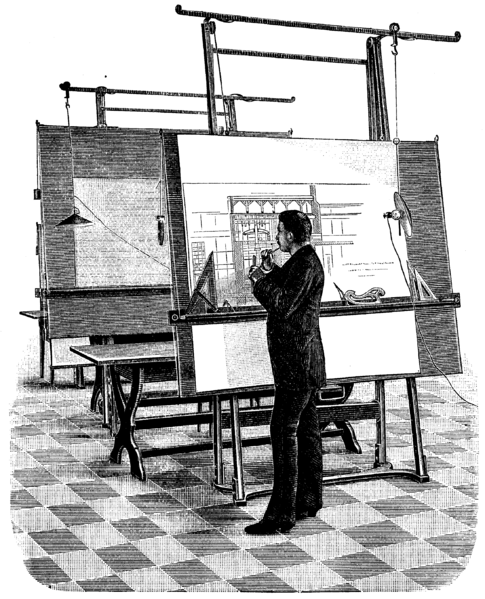Now that I’ve had a few days in my own home to marinate, I’d like to give you more of an inside peek of my trip to California before I’m off again to Baltimore on Wednesday.
The Conference
I arrived at the conference hotel when it was full dark and checked into my room in time for a shower and some quality time with my book before going to sleep with the knowledge that my conference companion would be busting in the hotel room door somewhere around one AM. Conference buddies, by the by, are must-haves! Academia is a transient profession. As romantic as “THE IVORY TOWER” sounds, the more I am imbued within it the more I tend to think of it as a floating castle. I would LOVE for there to be one, giant, gleaming white citadel with an expansive library, plenty of sunny reading nooks, and unlimited amounts of coffee. In reality, what the academy really is is a few musty offices in under-funded departmental buildings, subterranean seminar rooms with too many chairs and not enough windows, desks upon desks located within peoples’ own homes, stacks of library books, all connected by a global network via the internet and well-placed e-mails exchanges across this rainbow bridge of a pipewire.
Conferences, however, are where all this becomes tangible. You find yourself in a room full of people who have read the things you’ve read, want to talk about the things that you want to talk about, and can bat around theory over lunch. You put some booze into these people and suddenly you’re talking about the symbolist reading of zombies in Romero’s movies, or how Bahktin would have read “The Hunger Games”.
Since we are so spread out, so widely arrayed across the globe, it’s inevitable that your friends will move. You will move too. And conferences are places where you can double-team your agenda: see your friends, and make professional connections! Talk about a win!
In this case, I was slotted to spend the weekend with a close friends whom I got my Master’s with in New Jersey before he moved to Pittsburg and I moved to Boston. As fate has these things, we reunited in San Diego.

Said friend and I getting all gradi-fi-cated with our Masterses.
According to said friend, I “sleep like a Viking” because his entry into the room didn’t even stir me from slumber. I woke the next morning excited to catch up with him, and buzzing for the conference.
And to top it off, there were palm tress outside my window!
Conference strategy number one: at check in, read through the schedule and highlight panels you may want to see. You will be too tired throughout the day to really think about what is/was interesting to you, so do yourself a favor and set up your schedule early. If there’s a window of time in which the panels don’t speak to you (or they’re about texts you haven’t read), skip them! Go take a nap! Decompress in your hotel room! You will need it, trust me.
So day one was spent flitting from panel to panel, enjoying the wonderful conference-provided lunch, and looking forward to relaxing at the post-day-one reception.
And relax we did. Wine, dinner, lovely company, and a chance to chat with all the smart people whom I had seen speak that day (including the key-note who was downright brilliant, and a woman, score for intellectual femme fatale!).
My panel, as I have mentioned, was the first panel on day two so I went to bed early in order to be bright-eyed and bushy-tailed for said panel.
A note: I have never been to a conference (and especially a small conference) where coffee wasn’t available in copious amounts. At this particular conference, there was a coffee break between every single panel. This meant the very real danger of over-caffeinating. BEWARE the over-caffeination! It can make you feel icky, shaky, and off your game – the last thing you want when you’re trying to present your work.
Day two was slightly more difficult to get through since I have a low threshold for “sit and listen” and an even lower threshold for “social hour”. I did take a break towards the end of the day and spent some much-needed decompression time in my room rather than be disrespectful to the panelists whose panel I would otherwise have glazed my way through. In the future, I intend to pace myself a bit better – I’m bad at this – and take breaks BEFORE I feel my brain leak out my ears in an effort to prevent said brain leakage.
Hollywood
My fabulously talented brother, as you know, is a Hollywood filmmaker. After the conference, since I had flown all the way out to his coast, I spent some time living his glamorous lifestyle.
As a theatre girl, it was extremely interesting to see how the other half lives. I got to sit in on

Said photoshoot in progress. That's a lot of blood!
production meetings, locations scouts, and even a photo-shoot where I wound up lending a hand as a special effects makeup artist (they were running short on hands and time and, lucky enough, I have the skills to fill in for something like this). We used more fake blood than I can really relate in writing, but the product looked really cool and I think the photographer got what he was looking for so it was a win overall.
Conclusion: Hollywood ain’t for me. There is an art to what they do out there, but it’s very different from what I’m used to. Creativity is expressed as an entire project rather than an individual outlet. In the words of my brother “everyone is allowed to be a little creative in their own niche”. I suppose, in a way, the same is true of theatre, but I truly feel that theatre is a less limiting media. While everyone working on an individual project is in some way limited, adding technology to the mix both curtails and bolsters the abilities of the artists to fabricate a universe. People become slaves to the technology; the camera dictates what can and cannot be done. Actors fill into slots on the screen, really just becoming giant puppets rather than living people. This isn’t the illusion that we get, though. As a film audience, we see something encompassing, something close, a false portrayal of intimacy. We are situated as physically closer to the images on the screen since a camera can zoom into something the way a theatre audience cannot, but the human connection is gone. We connect with light and sound, not actual people.
That, however, is a philosophical difference that I don’t think I have room to go into here. It deserves its own podcast, actually…. Hm….
I suppose that any of this is also dependant upon the individual project and the spirit of that project. An attitude of acceptance and cooperation will go a long way in any artistic endeavor, while creative animosity only leads to a stifling and stuffy product.
Traveling

My brother also took me to the BIGGEST BESTEST USED BOOK STORE EVER! I felt like Belle in the Library!
Due to an extreme amount of self-discipline, I was able to accomplish everything I had slotted for plane-time work. Six hours on an airplane can just fly (heh… get it? Fly?) when you’re trying to avoid doing the homework you brought, but luckily I managed to eke it out before my will drained to empty. Pro tip: work first, goof off with in-flight movies second. That way you have a built-in reward for finishing your stuff, and you don’t have to panic when the plane is landing and you’re still frantically re-writing your conference paper.
So now I’m spending a few blissful nights reunited with my own glorious bed before I jet off again. After that, it’s smooth (if packed chock full) sailing until the end of the semester. I think these few days have allowed me to put out the major fires and that I’ll be at a manageable work-load if I continue at a good clip.
…I’ve been wrong before though, and my histrionics definitely make for more flavorful blogging.
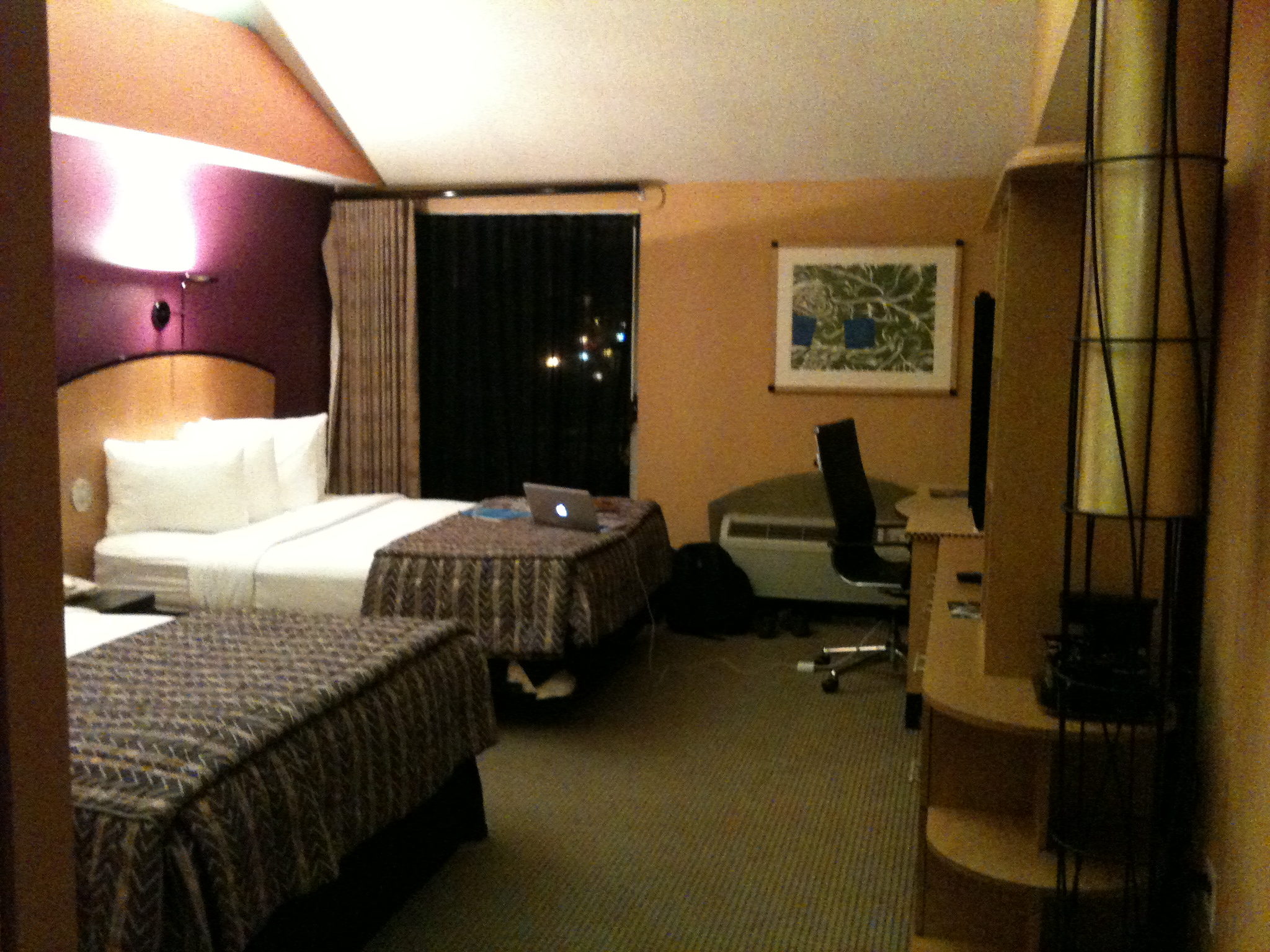




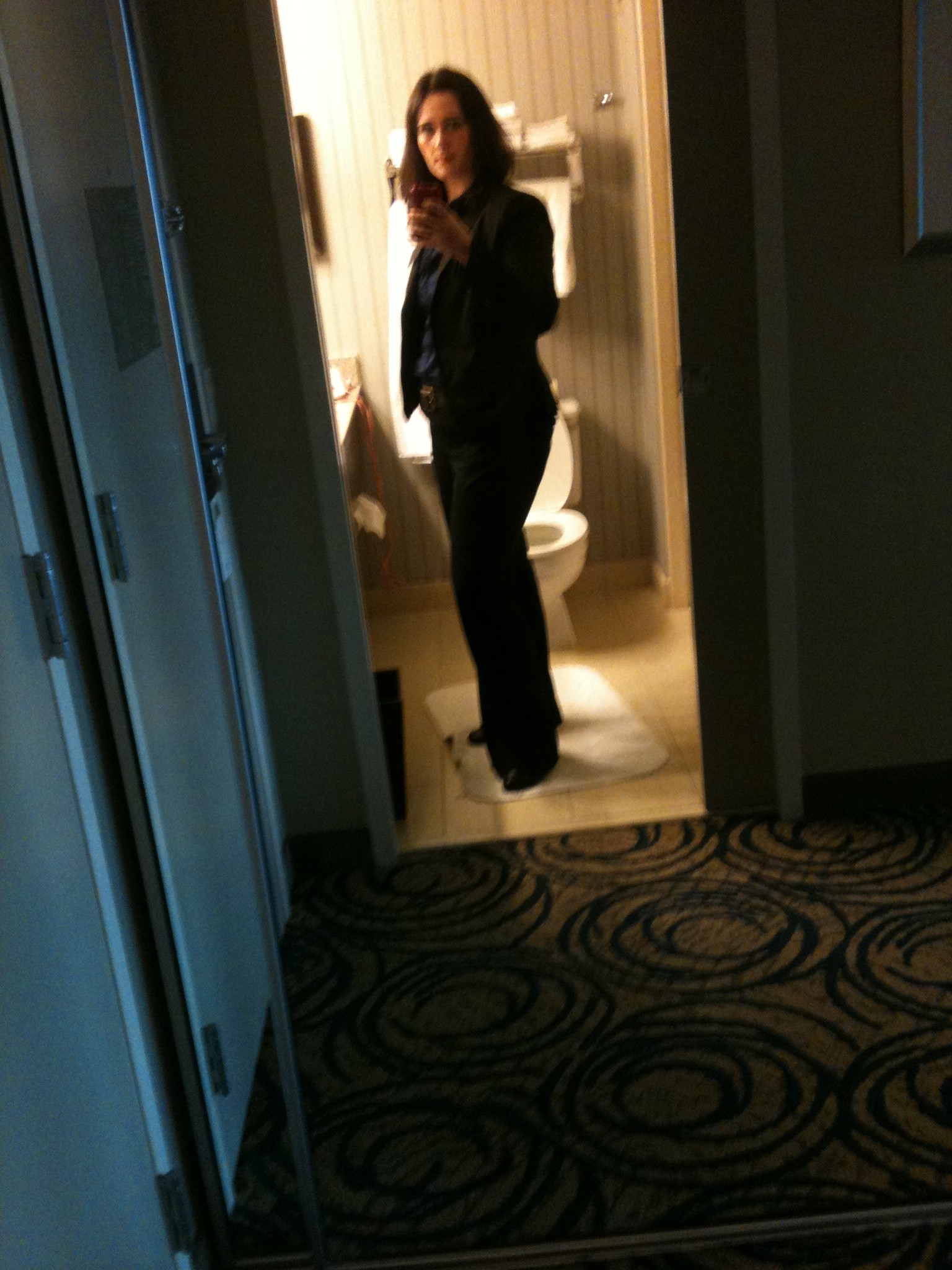
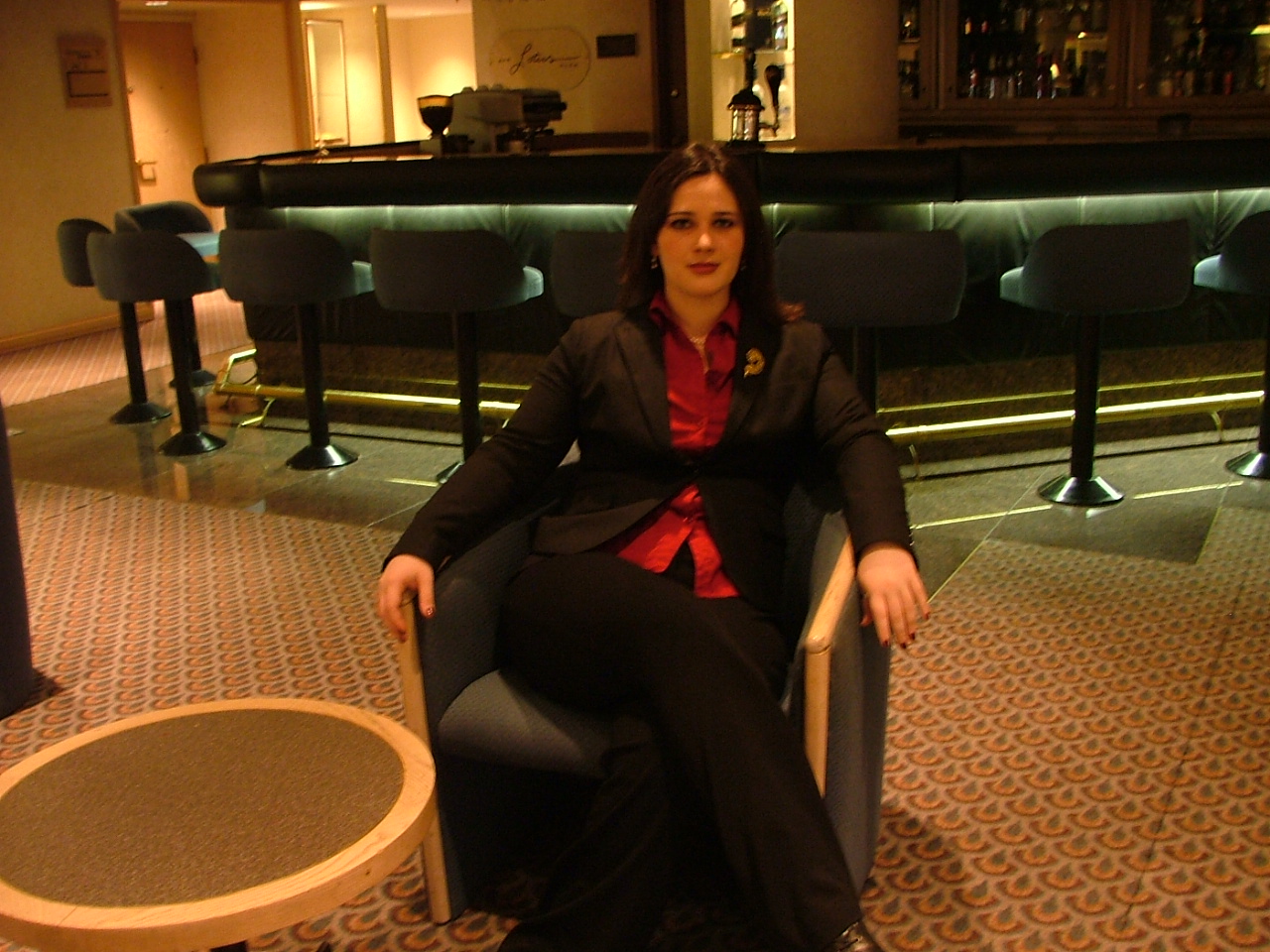
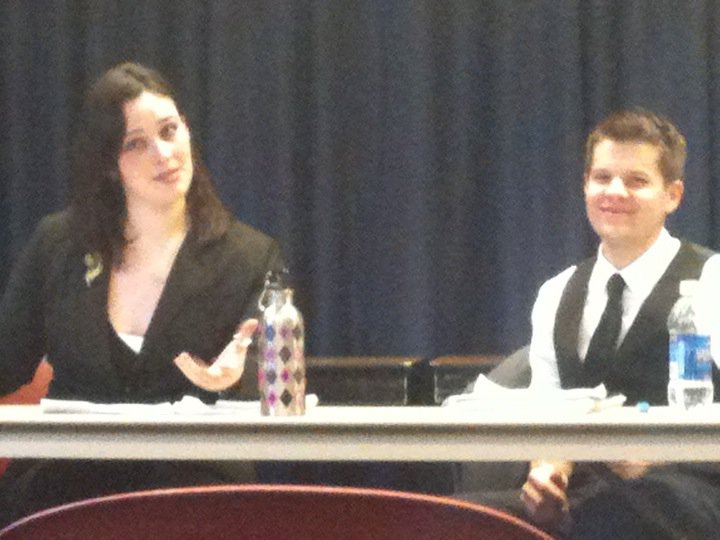


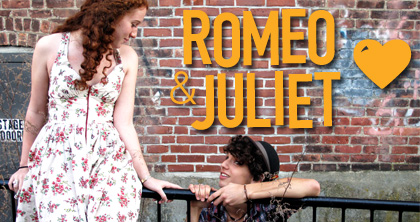 was new and different because Stomeham coupled their adult company with their teen company so the adults played adults and the teens played teens.
was new and different because Stomeham coupled their adult company with their teen company so the adults played adults and the teens played teens.
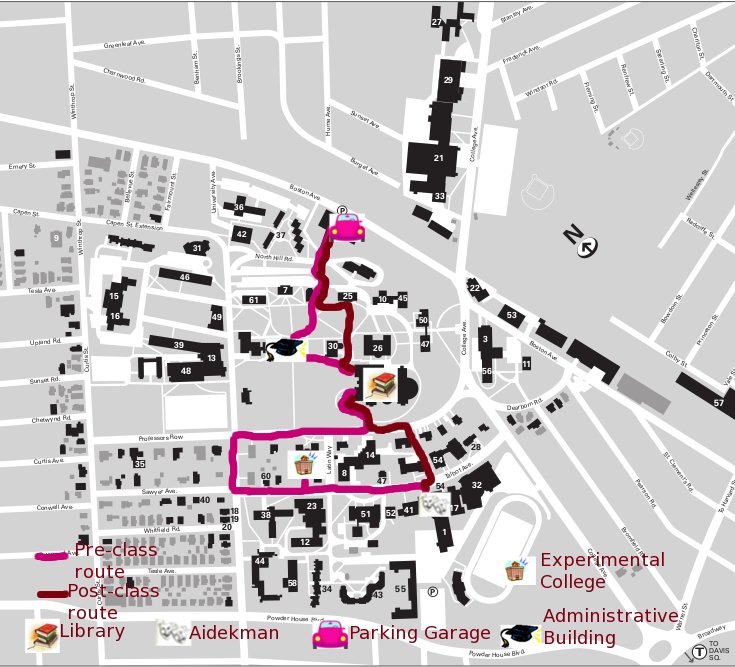

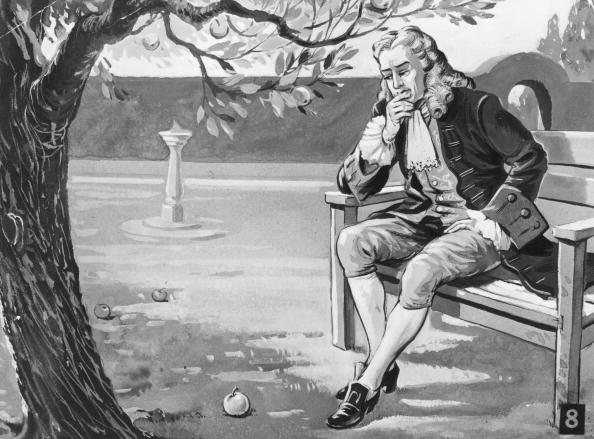 The worst part is that idea conception is probably one of my favorite bits about academia. The creative spark is something that, as an artist, I’m always excited about. There’s nothing quite like that moment when the lightbulb flicks on and a single idea snowballs into something feasible, even more interesting than you had initially thought, and something which you’re excited to share with the world at large (or at least your colleagues… or at the very least your professor). I’ve been fascinated in recent years by the idea of structured creativity; the sort of artistry that an academic can bring to one’s work.
The worst part is that idea conception is probably one of my favorite bits about academia. The creative spark is something that, as an artist, I’m always excited about. There’s nothing quite like that moment when the lightbulb flicks on and a single idea snowballs into something feasible, even more interesting than you had initially thought, and something which you’re excited to share with the world at large (or at least your colleagues… or at the very least your professor). I’ve been fascinated in recent years by the idea of structured creativity; the sort of artistry that an academic can bring to one’s work.